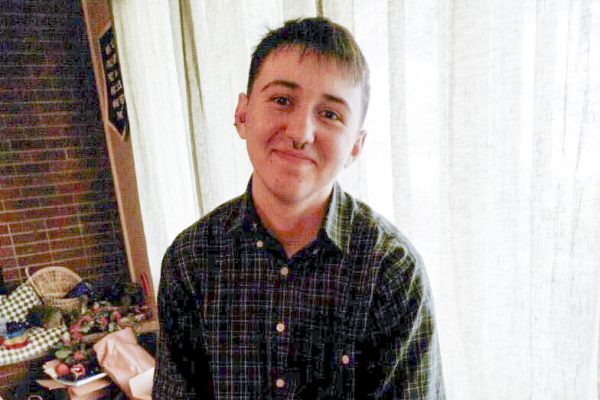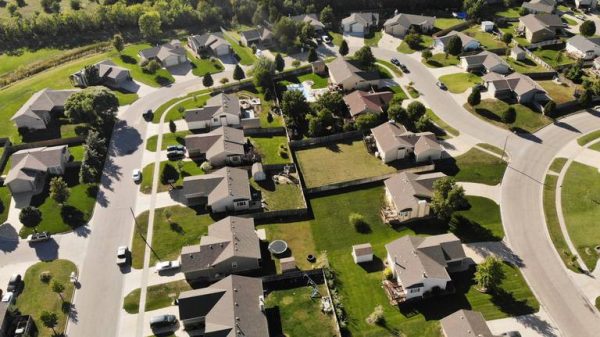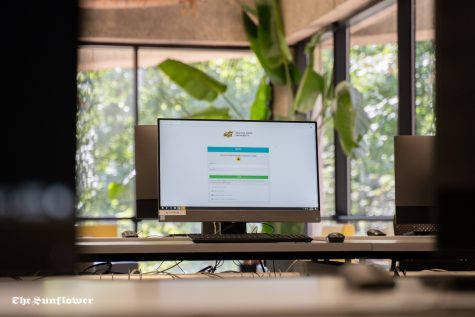Back in Kansas, Secretary Pompeo talks journalism, public-private partnerships with The Sunflower
Mike Pompeo, U.S. Secretary of State and former Kansas congressman from Wichita, spoke with The Sunflower and several other student publications Monday — addressing public-private partnerships in higher education, immigration, and the role of student media in our democracy.
Pompeo, who was in Overland Park for the Global Entrepreneurship Summit with the Dutch trade secretary, began the phone round table interview by recognizing the recent death of late Wichita State President John Bardo.
“Please know Susan and I are thinking and praying for the Wichita State family and the family of Dr. Bardo, who passed,” Pompeo said. “We know the impact he had on the university, and we know the university will continue the legacy that he had there and do great.”
Bardo championed public-private partnerships and applied learning in higher education in an effort to make WSU the economic driver of the region.
The Sunflower asked Pompeo about the merits of public-private partnerships and their place in public education.
“I think there’s places that [private industry] already plays a tremendous role, so what is absolutely certain is that real opportunities for students — hands-on challenges for kids who are trying to learn — are incredibly important,” Pompeo said. “You’ve seen that there at Wichita State with Airbus there on campus on Innovation Campus.”
Pompeo said that, even in places where private industry is driven by political actors, he doesn’t believe opening the door to public-private partnerships poses a conflict.
“I haven’t seen that,” Pompeo said. “That’s not been my experience at schools — private schools or public schools like we have here.”
He said that in his experience, academic freedom is preserved at institutions that partner with private industry for applied learning opportunities.
“They invite the private sector in when they have a particular expertise or professional skill that they can lend, so the students have that skill when they leave as well,” Pompeo said. “I don’t see the challenge that’s described there. I’ve watched these private sector companies do real good things all across the educational landscape.”
Pompeo noted that students can also get valuable applied learning experiences in the public sector. He talked up the opportunities the State Department offers, and encouraged students to visit the State Department website to learn more.
“Anyone who’s attending any one of the fine institutions you all are writing for, ought to think about it — whether they’re history majors or engineers or they have a language skill, we hire them all, and the chance to travel the world to learn and to represent America as an American diplomat is a wonderful opportunity,” Pompeo said.
The Emporia State Bulletin asked if these opportunities would extend to undocumented students, who want to get involved but can’t for fear that they or their families will be deported.
“Look, to work in the United States, you have to be lawfully authorized to work here,” Pompeo said. “This administration is incredibly welcoming of immigrants from all across the world. We want to make sure that they come here in a way that is legal, that is lawful, and that has been one of President Trump’s primary focuses.”
Pompeo said he made time to speak with student journalists because he appreciates the role of student media in training the next generation of reporters.
“That is central to American democracy, and that’s why I try to make a little bit of time for those folks who I hope are engaged in that profession for years and decades to come,” Pompeo said.
He spoke to the merits of journalism at large, a profession the Trump administration has been unabashedly critical of.
“It is incredibly important getting facts right — being willing to really work hard and not just write some rumor — not just write some half-baked story, but rather to really do real honest-to-goodness reporting where the consumer, the reader of that writing, actually benefits from learning as a result,” Pompeo said.
On one occasion, Pompeo questioned data presented by a student journalist.
The Southeast Missourian cited that international student enrollment numbers at Southeast Missouri State have dropped since Trump took office in 2017, and asked how the administration could ensure that international students feel welcome to study and work in the U.S.
“I’m not sure your data is quite right, but suffice it to say, the Trump administration is absolutely focused on making sure that the next generation of great minds comes to study at the greatest universities in the world, which are still here in the United States,” Pompeo said.
Southeast Missouri State’s online enrollment report does not show international student enrollment trends, but an article on The Southeast Missourian website cites the vice president for enrollment management saying the number of international students on campus has dropped “significantly” since its peak in 2015.
With the 15-minute interview wrapping up, The Sunflower asked Pompeo who might make a good successor to Bardo as WSU president.
“I’m going to leave the decision on who’s going to be the next leader at Wichita State to the folks who would know it best, so I know the university and the board of trustees will make a good decision,” Pompeo said.

Matthew Kelly is a former editor-in-chief and managing editor for The Sunflower. Kelly graduated in 2020 with a bachelor’s degree in political science...

Audrey Korte was a reporter and the opinion editor for The Sunflower. She hosted The Sunflower News Podcast.



















